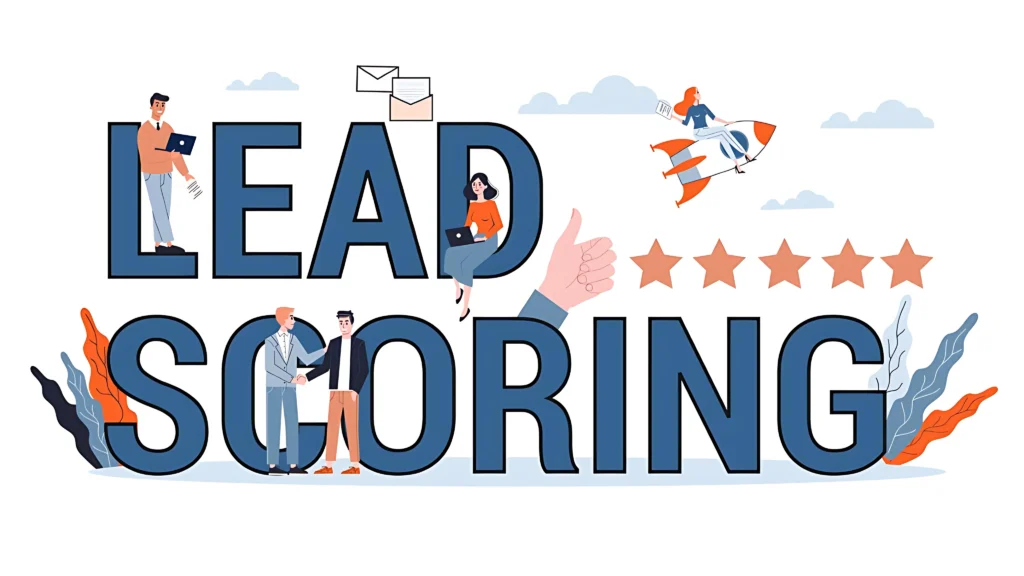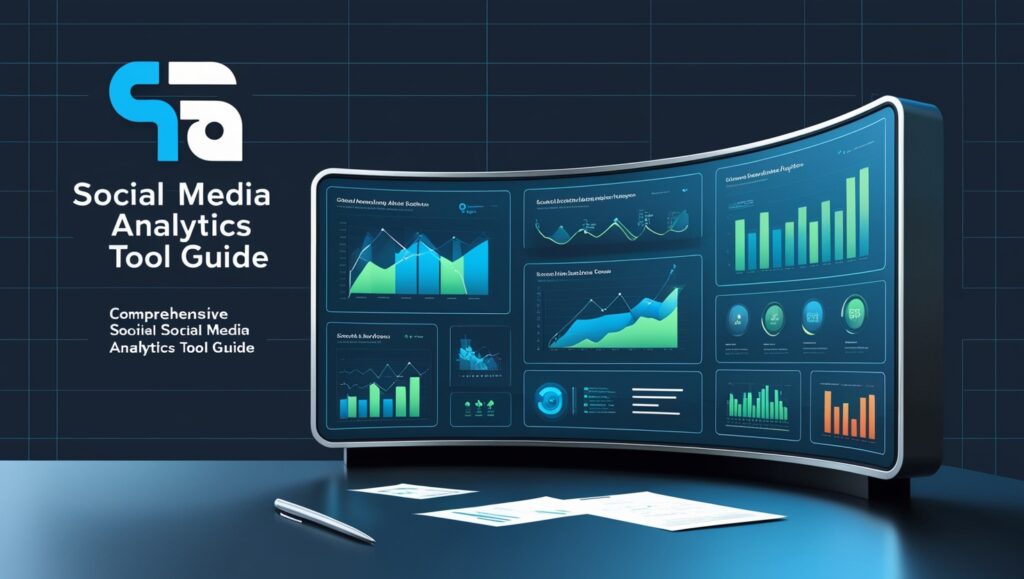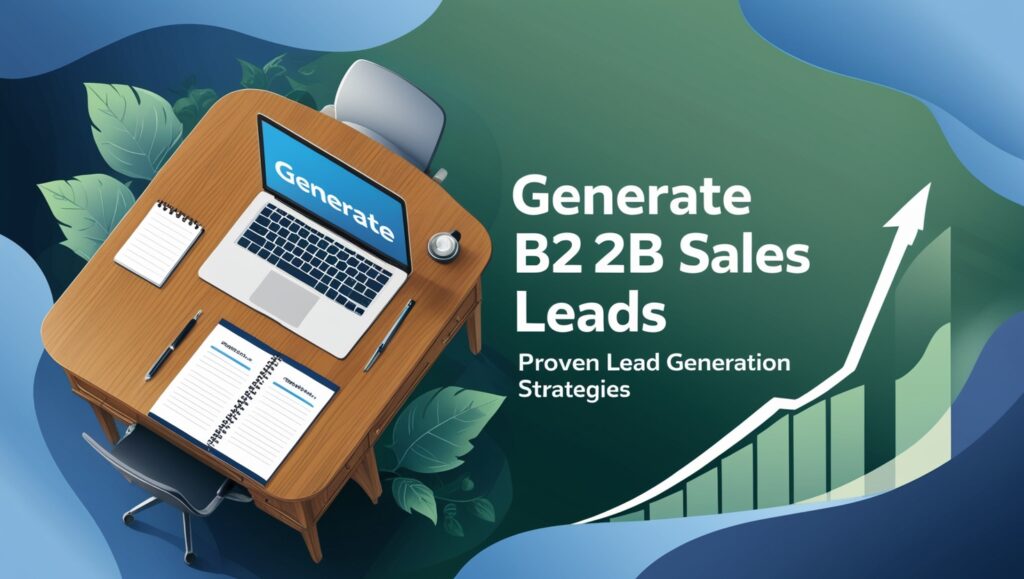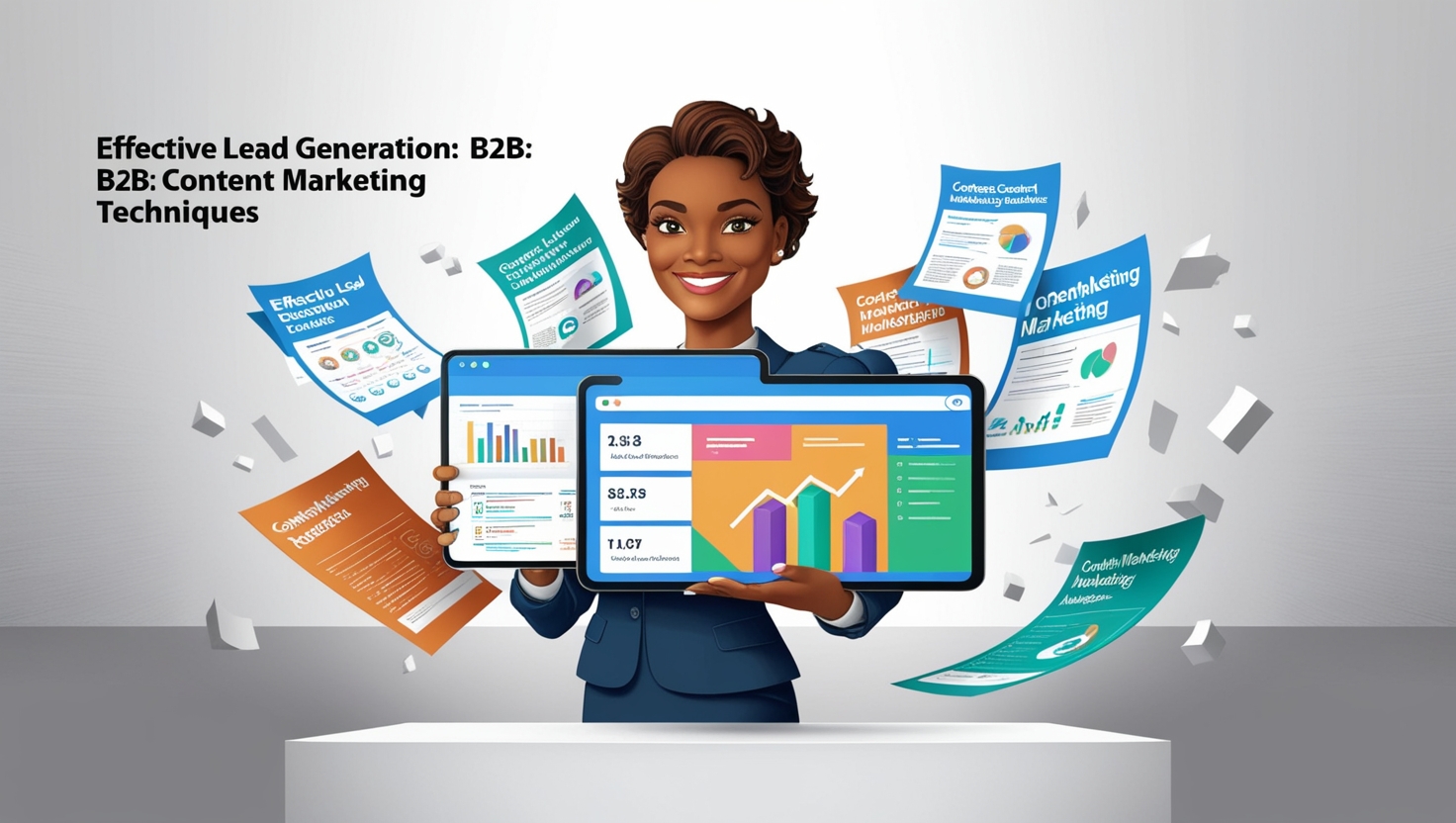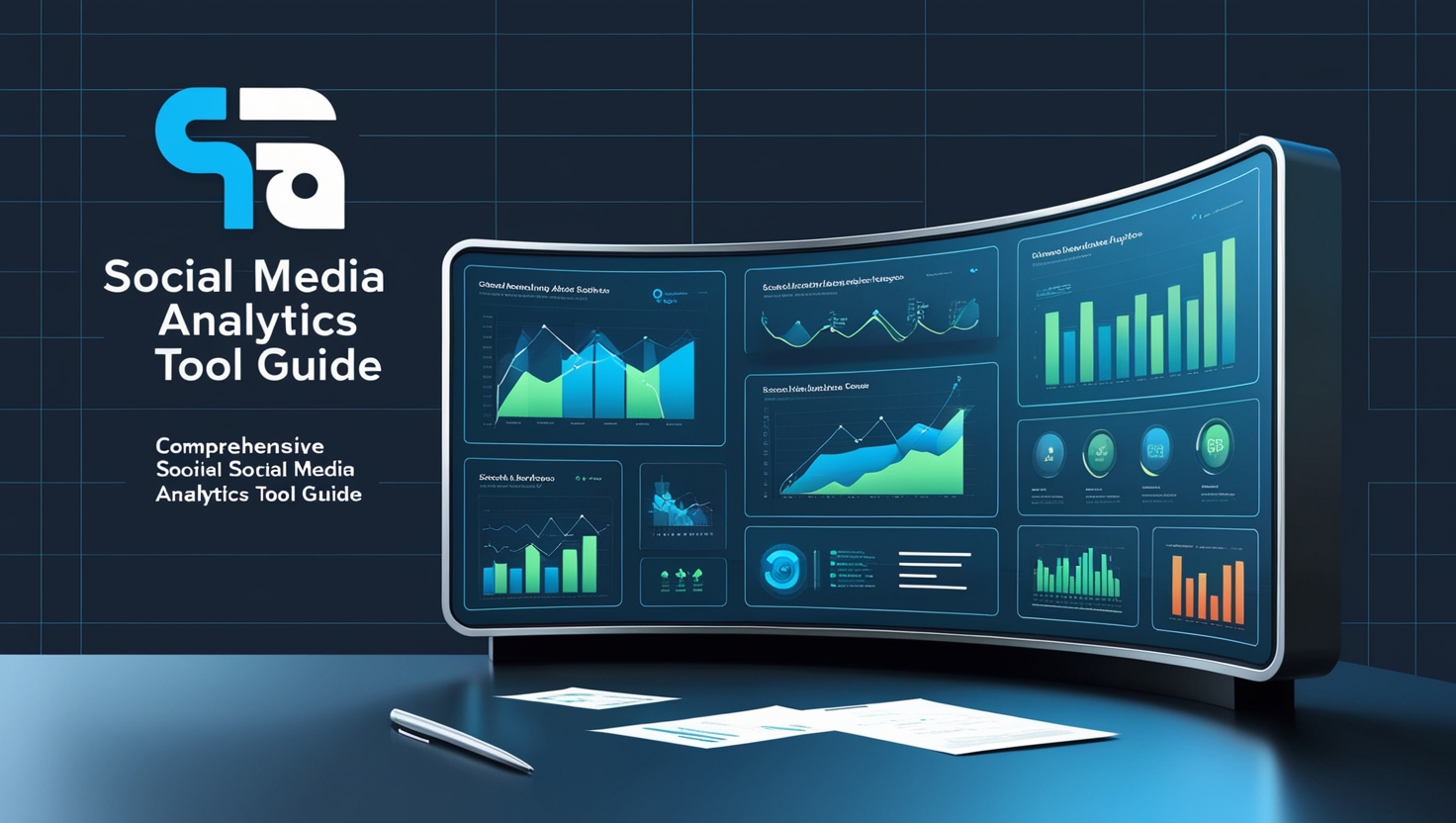In the world of modern business, the process of Qualify and Score Leads is a critical strategy for firms looking to improve their sales and marketing efforts. These two important phrases, are Qualify and Score Leads. Embody a comprehensive approach that helps firms to efficiently evaluate potential consumers and predict their chance to convert. The first component of this strategy is lead qualifying, which entails evaluating leads based on certain criteria in order to deploy resources strategically and focus on prospects with the greatest potential. Lead scoring, the second key component assigns numerical values to leads based on their engagement and buy intent. Businesses may strategically prioritize their efforts, generate targeted communications, and efficiently nurture leads along their journey by using Qualify and Score Leads properly.
What are Qualifying Leads?
Qualifying leads refers to the process of determining the level of interest and potential of a prospective customer or client. It involves gathering information about a lead, such as their needs, budget, timeline, and authority to make purchasing decisions. Qualifying leads helps businesses prioritize and focus their resources on prospects who are most likely to convert into customers. It also helps in tailoring sales and marketing strategies to meet the specific needs and requirements of potential clients.
What is Lead Scoring?
Lead scoring is a mechanism that sales and marketing teams use to score and prioritize leads according to how likely they are to become customers. It involves assigning numeric values or scores to leads based on their demographics, behavior, and engagement with marketing campaigns. Lead scoring helps businesses focus their efforts on leads that are most likely to convert, enabling them to allocate resources effectively and increase conversion rates.
Purpose:
The purpose of lead qualification and scoring is to prioritize leads and focus time and resources on those with the highest potential for conversion. It helps sales teams streamline their efforts and improves the efficiency of the sales process.

Is Lead Scoring Important?
Yes, lead scoring is important in the field of sales and marketing. Lead scoring is a methodology used to rank prospects based on certain criteria that indicate their level of interest and potential as customers. Companies can focus their efforts on the leads that have the best chance of becoming customers by ranking the leads. This saves time and money, allowing sales teams to focus on leads that are more likely to convert into sales. Additionally, lead scoring guarantees that marketing efforts are focused on the appropriate audience, improving conversion rates and raising income.
Drive High-Quality Conversions Qualify and Score Leads
- Maximize ROI with Lead Scoring: Use lead scoring to identify and prioritize high-quality leads that are more likely to convert. By assigning points to various lead characteristics and actions, you can focus your efforts on leads with the highest potential for conversion.
- Personalize and Target Outreach: With lead scoring, you can tailor your outreach and messaging based on the specific interests and needs of each lead. By understanding their behavior and engagement levels, you can provide more relevant content that increases the likelihood of conversion.
- Improve Sales and Marketing Alignment: Lead scoring helps align your sales and marketing teams by providing a clear system for lead prioritization. This ensures that leads are passed to sales at the right time, increasing efficiency and reducing time wasted on low-quality leads.
- Increase Conversion Rates: By focusing on high-scoring leads that have shown more interest and engagement, you can improve your conversion rates. Tailored and targeted messaging will resonate with these leads, leading to higher conversion rates and a more efficient sales process.
- Nurture Leads Effectively: With lead scoring, you can identify leads that are not yet ready to convert but have the potential to become high-quality leads in the future. By nurturing these leads with personalized content and engaging them at the right time, you can move them further down the sales funnel and ultimately increase conversions.
- Identify Areas for Improvement: Lead scoring provides valuable data and insights into your Lead Generation and nurturing processes. By analyzing the characteristics and behaviors of high-converting leads, you can identify areas for improvement and optimize your strategies to drive even higher-quality conversions.
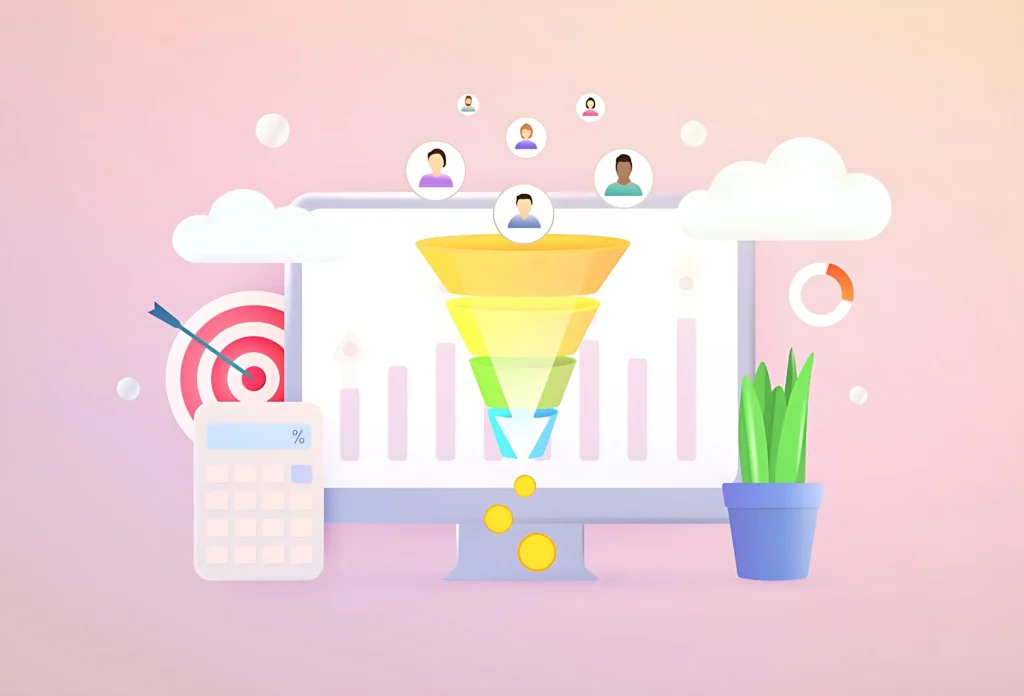
Email and Social Engagement
Email marketing and social media interaction are two critical components of digital marketing. The level of response and participation in emails sent by a company or organization is known as email engagement. This can include opening the email, clicking on links, responding to calls to action, and making purchases.
Social engagement, on the other hand, refers to the level of interaction and response on social media platforms. This can include likes, comments, shares, and mentions. It is a measure of how much people are engaging with a business’s social media content and participating in conversations.
Email and social engagement are vital for businesses, fostering customer relationships, driving website traffic, and generating leads and sales. They provide opportunities for businesses to communicate directly with their target audience and gather valuable feedback and insights.
To boost email engagement, businesses should personalize content, optimize subject lines, segment lists, and follow best practices.
How do you automate lead qualification and scoring for sales development?
There are several ways to automate lead qualification and scoring for sales development. Here are some steps you can follow:
- Define your ideal customer profile (ICP): Clearly define the characteristics and attributes that make a lead a good fit for your product or service. This could include company size, industry, job title, geographic location, etc.
- Set up lead scoring criteria: Establish a scoring system that assigns points to different lead attributes based on their level of importance and relevance to your business. For example, a lead from a target industry may receive more points than a lead from a non-target industry.
- Implement a lead scoring model: Use marketing automation tools, such as customer relationship management (CRM) software, to assign scores to leads based on predefined criteria. This is possible by monitoring lead interactions, including visits to websites, content downloads, email opens, and other activities.
- Integrate with your CRM: Connect your lead scoring system with your CRM to ensure a seamless flow of information between your marketing and sales teams. This will enable your sales development representatives (SDRs) to access lead scores and other relevant data directly from the CRM.
- Establish lead qualification rules: Define rules for when a lead should be considered qualified and ready to be passed from the marketing team to the sales development team. These rules could be based on a specific lead score threshold or a combination of lead scores and other qualifying factors like engagement level or intent.
By implementing these steps, you can automate the lead qualification and scoring process, enabling your sales development team to focus on the leads most likely to convert into customers.

Don’t Forget About Negative Scoring
Negative scoring can be an important aspect to consider when evaluating key points. While positive scoring highlights strengths, while negative scoring provides a more balanced and comprehensive analysis.
Here are a few reasons why negative scoring should not be forgotten:
| Highlighting weaknesses | Negative scoring helps identify the shortcomings and weaknesses associated with key points. It allows for a critical examination of potential flaws or drawbacks, providing a more realistic view of the subject at hand. |
| Improved decision-making | By considering both positive and negative aspects, negative scoring helps in making more informed decisions. It prevents biases that may arise from solely focusing on the positive attributes of key points, leading to better overall judgment and evaluation. |
| Ensuring a balanced assessment | Negative scoring ensures that an evaluation or analysis is well-rounded and fair. It avoids overemphasizing positive aspects and helps present a more accurate reflection of the overall quality and effectiveness of the key points being examined. |
| Identifying areas for improvement | Negative scoring can act as a valuable source of feedback by identifying areas that require improvement or further development. This feedback can lead to refining or modifying key points to enhance their overall effectiveness. |
| Encouraging critical thinking | Negative scoring promotes critical thinking and encourages a deeper understanding of potential challenges or limitations. It fosters a mindset that is open to questioning and exploring alternative perspectives, leading to more robust key points and arguments. |

Conclusion
Our dedication to lead generation has proven to be the foundation of WebXMeta’s success. We not only found high-potential leads through a comprehensive qualification and scoring procedure, but we also managed our resources for optimal efficiency. Our commitment to knowing our clients’ requirements and preferences has enabled us to build deeper partnerships, resulting in increased growth and profitability. We are certain that WebXMeta will remain at the forefront of innovation, giving value to both our clients and our business as we continue to optimize our Lead-Generation techniques. With each Qualify and Score Leads, we take another step toward a future full of limitless prospects and long-term success.

